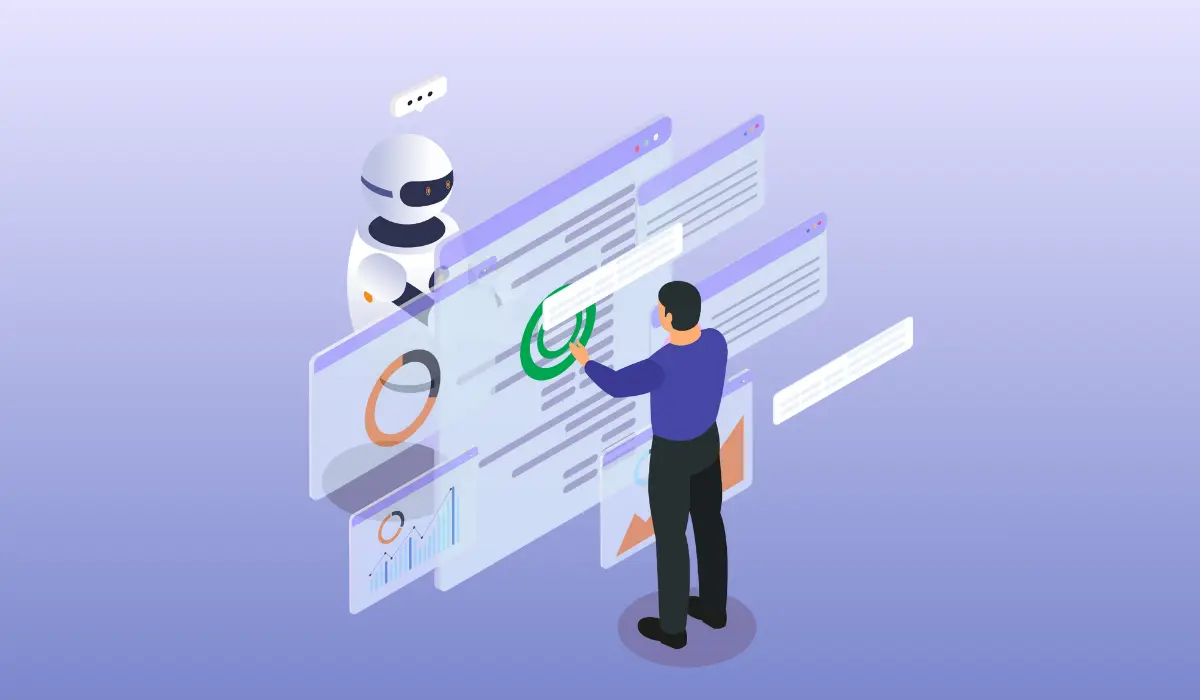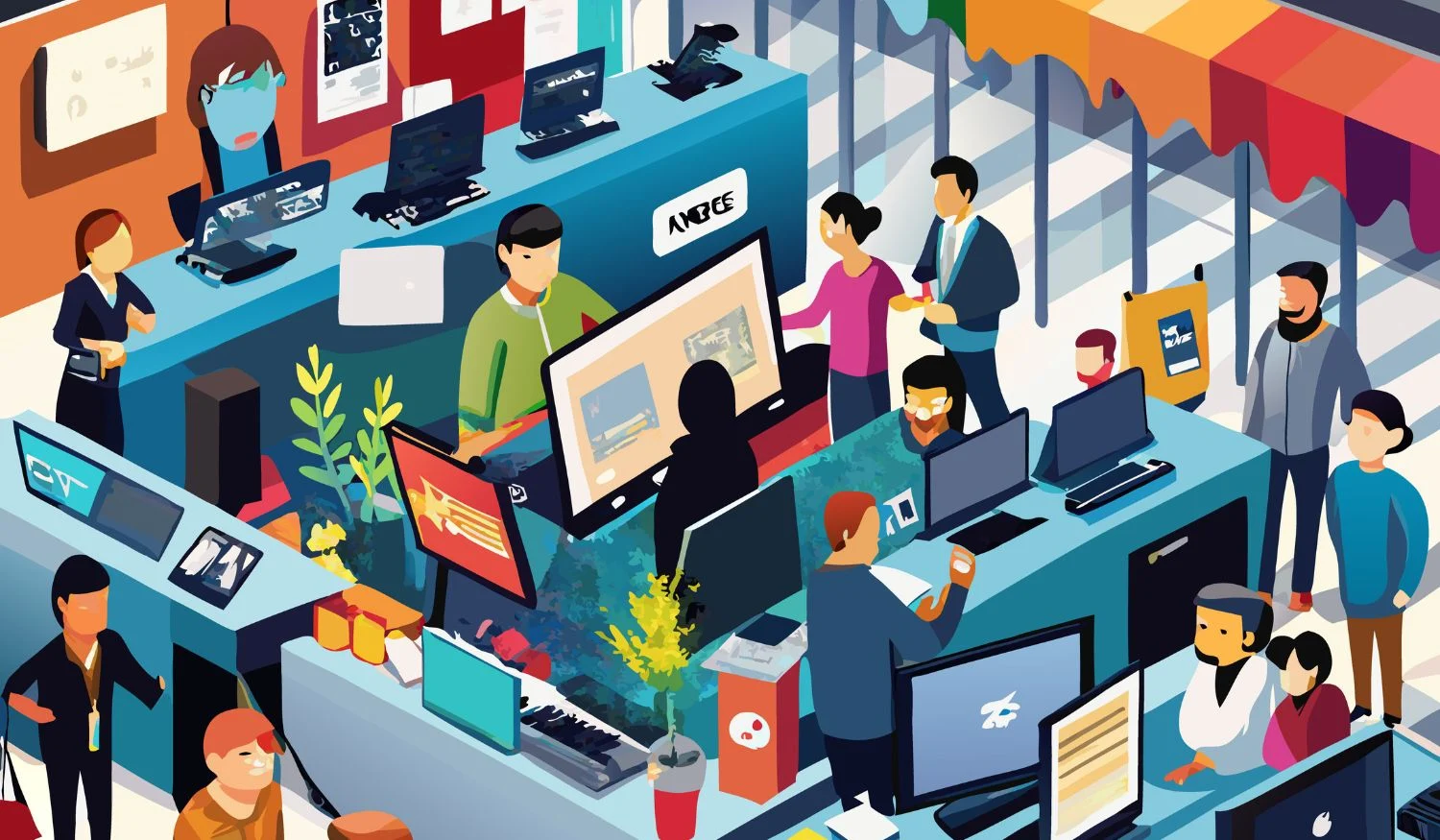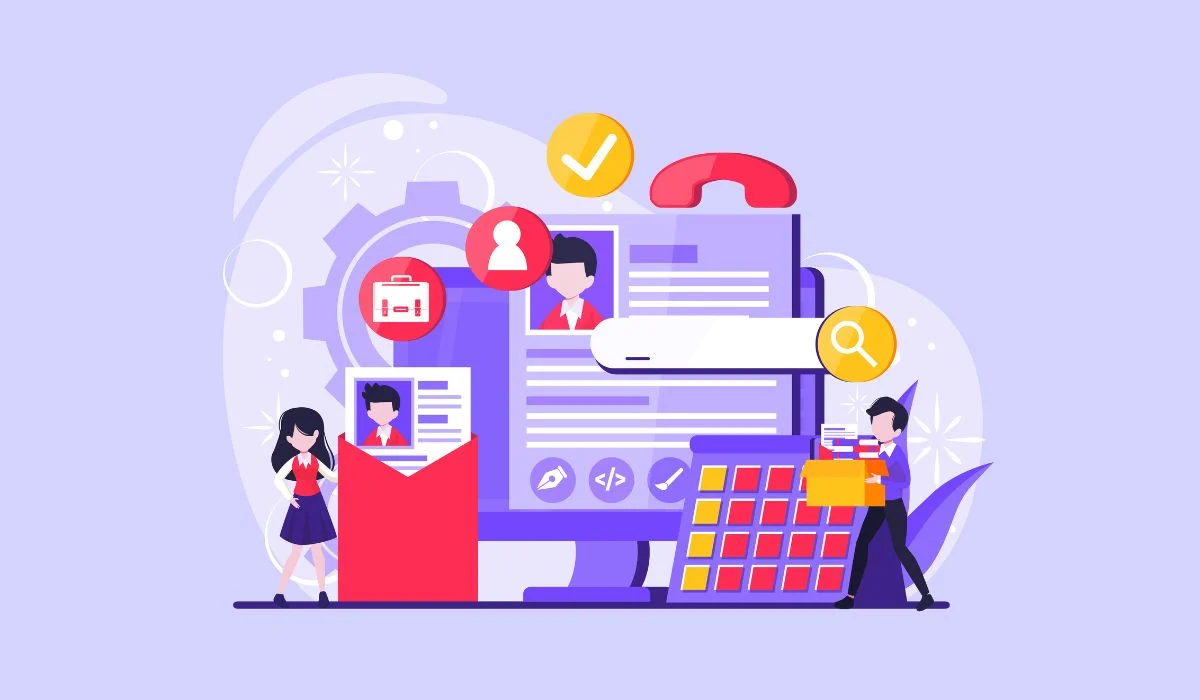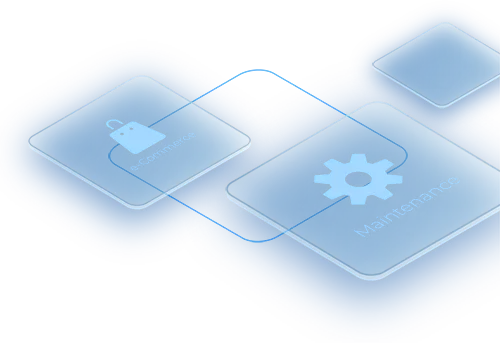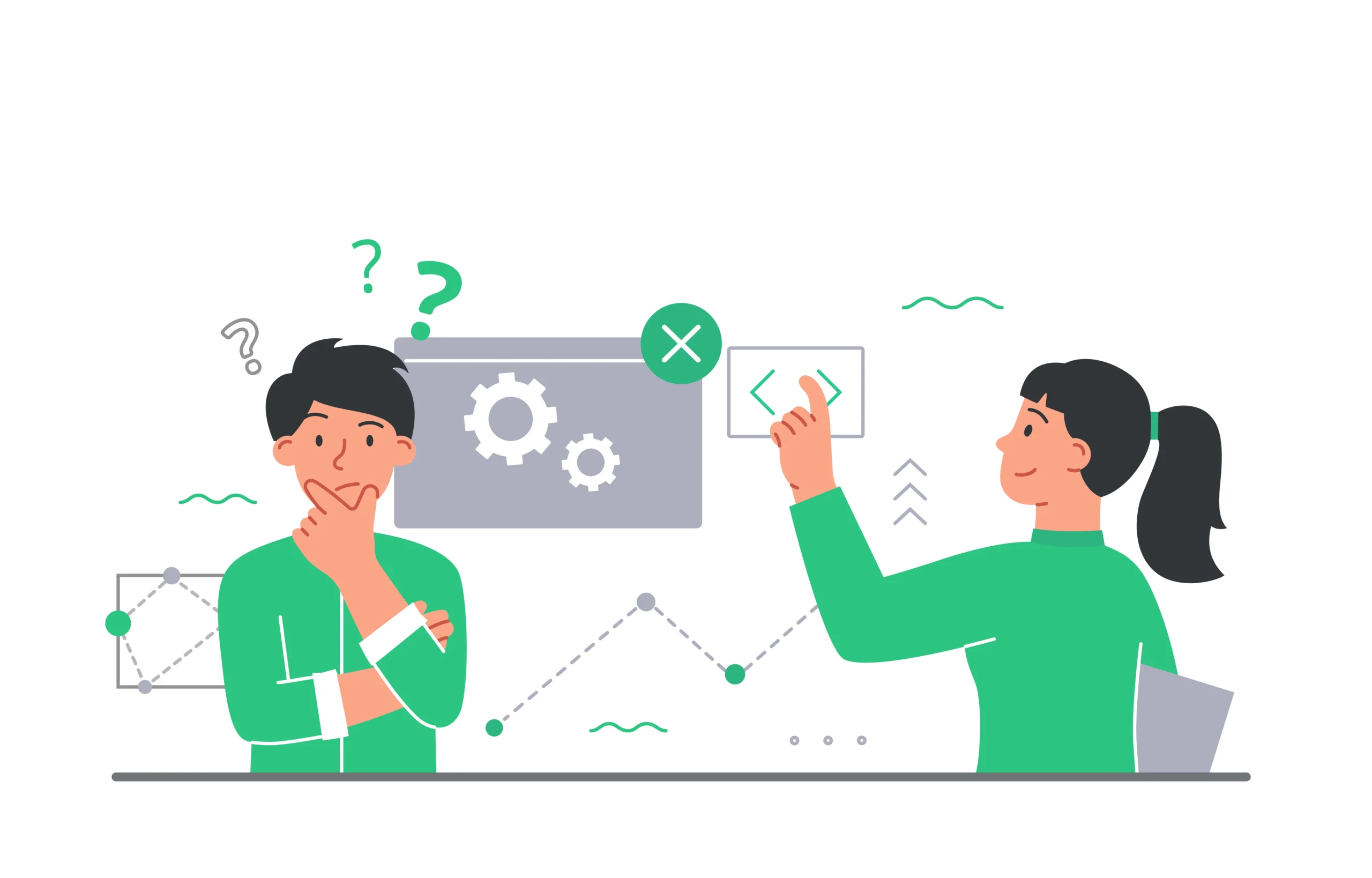
Why You Need ERP In Education?
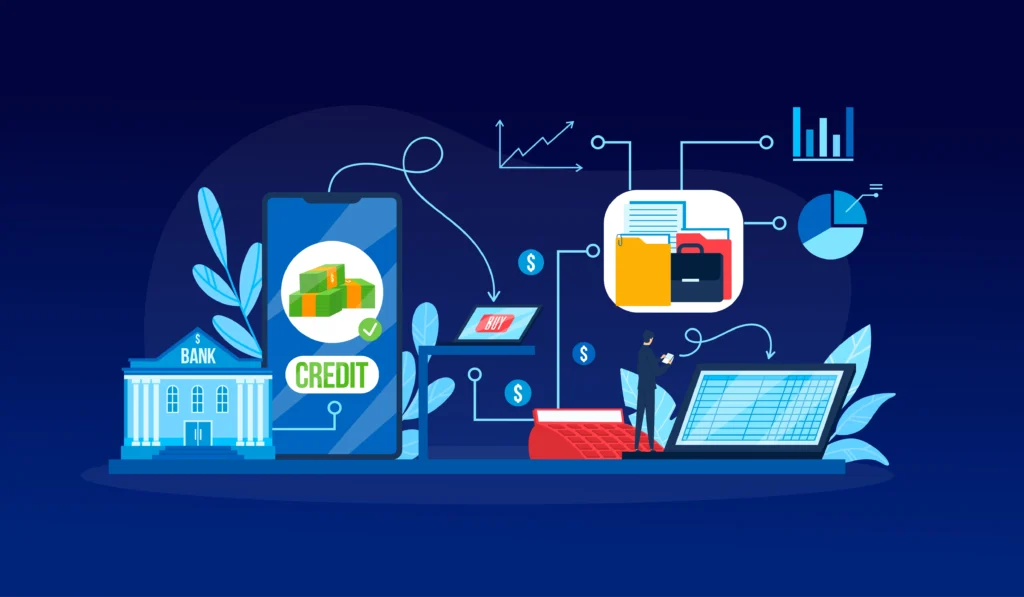
Why You Need ERP In Education?
The modern education sector requires efficient tools to manage its vast array of administrative and academic functions.
One such tool that is transforming institutions worldwide is ERP (Enterprise Resource Planning) software.
The need for ERP in education has grown significantly due to the increasing complexity of operations in schools, colleges, and universities.
ERP solutions for education provide comprehensive support to meet these challenges by integrating various processes into a single platform.
This blog explores how ERP systems empower educational institutions to achieve efficiency, transparency, and excellence.
Content Index
- Benefits of an ERP System in the Education Sector
- Key Features of ERP in Education
- Overcoming Challenges in the Education Field
- Conclusion
Benefits of an ERP System in the Education Sector
The requirement for ERP in education stems from the fact that schools, colleges, and universities are increasingly handling a variety of tasks simultaneously.
These tasks include student enrollment, scheduling, fee management, attendance tracking, examination management, and much more.
Managing these functions manually or with disconnected systems can lead to numerous issues.
An ERP system addresses these by streamlining processes, reducing administrative workload, and improving the overall operational effectiveness.
Let’s try to understand some of the major advantages of using ERP solutions in the Educational domain.
Centralized Data Management
The need for ERP in education is evident in the way it simplifies data management.
Educational institutions deal with large volumes of information, including student records, faculty details, and administrative data.
An ERP system centralizes this information, making it easily accessible while reducing errors caused by manual data handling.
By implementing ERP solutions for education, schools, and universities can organize their information efficiently.
In regions like the UAE, where the education sector is expanding rapidly, this centralized approach is crucial.
Streamlined Administrative Processes
Administrative processes in education often involve various departments working in silos, which can lead to delays and miscommunication.
The use of ERP Systems in education lies in its ability to connect these departments through a unified system.
With features tailored to academic operations, ERP software helps institutions manage enrollment, attendance, and academic records seamlessly.
The implementation of ERP Solutions in education reduces redundancies and improves task efficiency.
Improved Communication
Effective communication is essential for the smooth functioning of any educational institution.
An ERP system in education becomes apparent when considering its role in facilitating better interaction among students, faculty, and administrative staff.
Education ERP services include portals that allow users to access real-time updates on schedules, announcements, and assignments.
This not only raises the learning experience but also improves coordination across all levels of the institution.
Better Financial Management
Financial management is a critical aspect of any educational institution’s operations.
The need for ERP in education includes the ability to monitor budgets, track expenses, and manage payrolls efficiently.
ERP software offers robust financial modules that simplify accounting processes and improve transparency.
Institutions that are known for their focus on technological advancements are increasingly adopting ERP systems to handle their financial activities.
Enhanced Decision Making
Decision-making in educational institutions requires accurate and timely data.
An ERP system can help the educational institution by customizing features that provide actionable insights through detailed reports and analytics.
With real-time data at their fingertips, administrators and stakeholders can make informed decisions that benefit students, staff, and the overall institution.
Education ERP services help in assessing situations and help in data-driven decisions that align with institutional goals.
Key Features of ERP in Education
ERP systems designed specifically for the education sector come with a wide range of features.
The need for ERP in education is strengthened by the fact that these systems cater to the unique needs of educational institutions.
ERP Systems like EBR’s can simplify operations, improve communication, and enhance efficiency across all departments within an educational institution.
Some of the key features are:
Student Information System (SIS)
A comprehensive Student Information System (SIS) plays a central role in any ERP software designed for the education sector.
This essential feature enables schools and universities to manage student data, including personal details, academic records, and attendance.
By automating these tasks, the SIS eliminates the need for manual entry, improving the accuracy and availability of important student information.
The ease of accessing this data is invaluable for administrators, faculty, and parents.
With a centralized database, students’ academic journeys can be tracked more effectively, providing actionable insights that can contribute to their success.
Learning Management System (LMS)
An integrated Learning Management System (LMS) is another crucial component of ERP solutions in the education sector.
The role of the LMS has become even more significant in today’s digital-first world, especially post-pandemic.
ERP systems featuring an LMS allow institutions to provide online learning, manage courses, and facilitate better communication between instructors and students.
This module improves the learning experience by offering flexible, accessible tools for both educators and learners.
By centralizing all course-related activities, the ERP enhances overall learning quality, making it more interactive and engaging for students.
Financial and Accounting Modules
The financial and accounting modules in ERP systems directly address the need for ERP in education by simplifying fee management, billing, and reporting.
These features help educational institutions keep up with financial transactions and regulatory compliance.
They provide transparency to parents and stakeholders, fostering trust and accountability.
Schools and universities benefit from real-time tracking of expenses and revenue, which is essential for budgeting and long-term financial planning.
This level of detail is particularly important in regions like the UAE, where education is a significant investment and demands precise financial oversight.
Faculty and Staff Management
Managing faculty and staff involves various tasks, including payroll processing, performance tracking, and scheduling.
ERP systems reduce the manual workload associated with these activities, making it easier for administrators to focus on strategic initiatives.
Faculty and staff management features also help in maintaining accurate records of employee performance, attendance, and compensation, providing clear insights into staff efficiency.
With these tools, educational institutions can handle all human resource needs efficiently, ensuring smooth daily operations for all departments involved.
Library Management
Library management is a critical part of any educational institution, and ERP systems provide a reliable solution to manage resources effectively.
An ERP System can help in tracking books, managing inventories, and handling issue-return schedules become essential.
An integrated ERP system ensures that these tasks are automated, allowing librarians to focus on delivering quality support to students and faculty.
With real-time updates on book availability and transaction records, students can easily access the resources they need.
Implementing an ERP system in library management contributes to a better academic experience for both students and staff.
Overcoming Challenges in the Education Field
Implementing ERP software in educational institutions brings significant advantages, but several challenges may arise during the process.
The growing need for an ERP system in education lies in its ability to integrate various functions, streamline operations, and improve resource allocation.
Addressing these challenges effectively can lead to long-term success.
Cost of Implementation
The high initial cost of ERP software often poses a barrier for educational institutions with limited budgets.
Evaluating the return on investment can help decision-makers justify the expense.
Institutions may explore phased implementation to manage financial constraints and distribute costs over time.
Training and Adoption
Staff and educators may require extensive training to adapt to the new system, which can initially disrupt daily operations.
Providing adequate resources and support is critical to help users become proficient and confident with the software.
Continuous guidance ensures users feel equipped to handle the new processes.
Data Security and Privacy
Educational institutions handle sensitive data, making data security and privacy a paramount concern.
Implementing strong security protocols and regular audits is essential to protect student and staff information.
Institutions must also comply with legal requirements, ensuring the ERP system meets all necessary data protection standards.
By addressing these challenges, educational institutions can fully benefit from ERP systems while overcoming initial hurdles.
Conclusion
The need for ERP in education has never been more relevant as institutions face growing demands for efficiency, transparency, and innovation.
ERP software provides a comprehensive solution to address the complexities of managing academic and administrative tasks.
From centralized data management to improved communication and decision-making, ERP systems help educational institutions to achieve excellence.
By adopting ERP solutions for education, institutions can embrace a future-ready approach that benefits students, faculty, and stakeholders alike.
Want to learn more about other aspects of the ERP system? Check out our blog topics related to ERP Systems:
• What Is Enterprise Resource Planning (ERP)
• Why ERP Software is Important
• How Different Industries Benefit from ERP Systems
• Complete Guide to ERP Modules
• How Does An ERP System Work?
• Understanding the Types of Tiers in ERP Systems
Let's Connect!
Are you currently exploring software solutions for your business? 🤔
Great! What’s the single biggest challenge you’d like a software solution to solve for your business? 🎯
💡 Suggested Solution Ideas:
Just one more step! Share your details so our experts can connect with you personally and discuss tailored solutions. 🤝
Thank You for Connecting! 🎉
We've received your information and a specialist will be in touch with you very shortly to discuss how we can help your business thrive.
In the meantime, feel free to browse our resources or reach out if you have immediate questions.
Understood! 🙏
No worries if you're not exploring software solutions right now. Our door is always open if your needs change!
Feel free to explore our other offerings or connect with us anytime.
Featured

